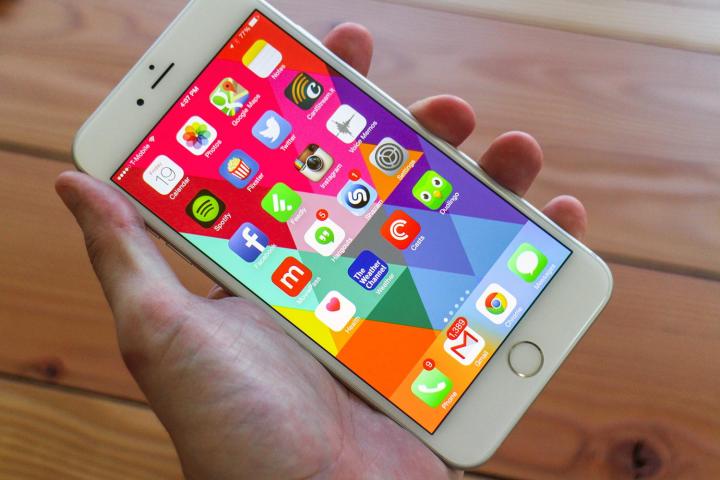
On Wednesday, China’s official Xinhua News Agency reported that authorities will “tighten up checks on software applications available in the Apple Store.” According to Xinhua, Apple has been approached by the Beijing offices of three Chinese agencies, including the Cyberspace Administration of China, public security officials, and a cultural law enforcement group.
The article did not elaborate, but the investigation appears to focus on third-party apps available in China’s app store — specifically those that offer live content forbidden by Chinese law, like pornography. Earlier in April, authorities told three Chinese websites to tighten their oversight of online information, live-streaming services, and online performance.
It is part of a broader crackdown on digital goods and services in the country. In January, China’s Cyberspace Administration required that all app stores register with the government, and it recently enacted a bill — the Cyber Security Law — that prevents apps from “endanger[ing] national security” or “disrupt[ing] the social order” (Apple pulled the law’s first victim, the New York Times‘ app, from the Chinese App Store in 2016).
Apple’s business dealings in the region have frequently run afoul of the country’s regulatory agencies. In 2014, following revelations that the U.S. National Security Agency surveilled Chinese leaders, China Central TV described the iPhone as a “national security concern.” Earlier in 2017, Chinese government regulators blocked access to Apple’s iBooks and iMovies within the country — reportedly out of concern for “security threats.”
That is bad news for Apple, which depends on China for about one-fifth of its revenue.
But the company’s relationship with the government may be on the mend. CEO Tim Cook apologized following Chinese state media’s allegations of warranty fraud, publishing an open letter in which he promised to implement an “improved level of repair service” and a “clearer and more concise” policy. A series of meetings in May between Cook and “senior government and Communist Party leaders” was described as “productive” by a Reuters source.
It is a balancing act for both parties. Apple’s Chinese manufacturing operations are “directly or indirectly responsible for tens of thousands of manufacturing jobs,” according to eWeek. Apple, meanwhile, is eager to turn sales around in a market ripe for growth.
Editors' Recommendations
- Everything you need to know about the massive Apple App Store outage
- Apple used this free iPhone app to shoot Monday’s Scary Fast event
- Apple’s latest store opening is one of its most significant in years
- It’s not just you: the Apple Weather app is down
- Apple cracks down on ChatGPT apps with harsh age ratings



